You can save money and reduce food waste by adding kitchen scraps for garden birds to your bird table. Some of the scraps you can use are fruit, peas, sweet corn and cooked potatoes, breakfast Cereal and raw oats, nuts, bacon fa,t, cheese, cooked pasta and rice. Kitchen scraps as a supplement to good quality bird food add variety to the diet and may attract new species to your garden.
We Brits spend a lot on bird food. According to the British Trust for Ornithology around £200 million pounds a year and rising.
As our countryside offers less food for wild birds the food we offer in our gardens becomes ever more important.
Back in the 1980s only 18 species of wild birds took bird food in gardens. Now garden feeders help to support 130 different species of wild bird.
There is no substitute for a quality bird seed mix. And this should always form the basis of the diet you offer your garden birds.
But adding some kitchen scraps can have big benefits too.
What Kitchen Scraps to Feed Wild Birds?
Why Feed Kitchen Scraps?
Adding kitchen scraps to your bird table can have many benefits for you and the birds.
- Save money. Anyone who is a committed bird feeder knows that the cost of keeping all those hungry little beaks happy can quickly mount up. Even swapping a small portion of your daily bird food for kitchen scraps can save you some money over time.
- Save on food waste. None of us likes to see food going to waste. As we are going to discover, many of the things you might end up throwing away can be used up on the bird table.
- Better nutrition. Although good quality bird food offers a balanced diet for your garden birds, more variety is always good. Kitchen scraps add variety to the diet and may provide more of the fats, protein, vitamins and minerals that birds need.
- Attract different species. It’s quite possible that by putting out a wider range of food you are going to end up attracting a wider range of birds. You may see species who have never visited your garden before.
What Scraps to Use

Vegetables. Since so many birds eat fruit it shouldn’t come as a surprise that they will also take a bit of veg. Peas, sweetcorn and cooked potatoes are all welcome.
Cheese. Cheese provides essential fats and is especially welcome in the winter. Offer cheese grated and stick to mild cheddar. Some stronger cheeses have a high salt content which is bad for birds.
Nuts. We all know how much blue tits love peanuts. But did you know that many birds will eat all sorts of other nuts as well? Pecans,walnuts and almonds are all welcome. Crush them up to avoid choking.
Fruit. Windfall fruit or anything at the bottom of the fruit bowl starting to look a bit sad will make the birds happy. Apple and pear cores vanish in minutes in our garden. Dried fruit, soaked in a little water is also a winner.
Cooked Pasta and Rice. Cooked pasta and rice are especially good for grain-eating birds like sparrows and finches. Don’t put out anything covered in sauce though. And chop it up into bird-sized bits before putting it out.
Breakfast Cereal. Raw oats and other breakfast cereals are welcomed by birds. They will happily eat up those bits in the bottom of the packet that nobody else wants. Avoid very sugary or chocolate cereals though. And only put out dry cereal, not cereal soaked in milk.
Pet Food. Dog and cat food can be good for birds too. If you are putting out dry food please be sure to crush it first. Otherwise it could be a choking hazard.
Meat. Meat can provide a useful source of nutrients for insect and worm eating birds. Choose fat from unsalted bacon.
Pastry. A little raw or cooked pasty offers fats and carbohydrates which can be useful for birds, especially in the winter.
Cooked eggs and eggshells. This may sound a little weird, but eggs are a hugely nutritious food and provide garden birds with many of the vitamins, minerals and proteins they need. Shells can be a useful source of calcium, especially in the nesting season.
What Scraps to Avoid?
You can read our full article on what not to feed wild birds here.
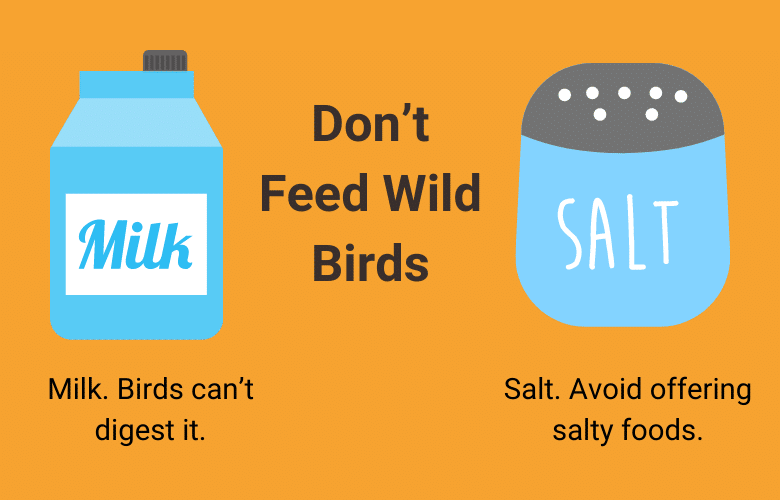
The top two things to avoid are:
- Milk, birds cannot digest lactose and it will make them ill.
- Salt. Avoid putting out any salty foods. Birds can’t digest salt either, it is toxic for them.
Good Feeding Habits
- Always offer clean water as well as food.
- Feed little and often, don’t leave food lying around to go mouldy or attract rats.
- Keep your feeding station clean. A dirty feeding station can spread infection amongst your feathered visitors.
- Never offer mouldy or rancid food. It’s just as bad for the birds as it would be for you!
Conclusion: Kitchen Scraps Make a Great Addition to Your Bird Table
You can save money and reduce food waste by adding some kitchen scraps to your bird table.
There are a wide range of things you could try. Although a good quality bird seed should always be the main food you offer, adding variety with kitchen scraps will be good for the birds and may attract new species to your table.
So don’t throw that apple core in the bin today, put it out for the birds instead!
For more information on British Garden Birds visit:
We hope you’ve enjoyed this article and have some new ideas on what you can feed your birds. If you have any questions or suggestions we would love to hear them. Leave us a comment below.





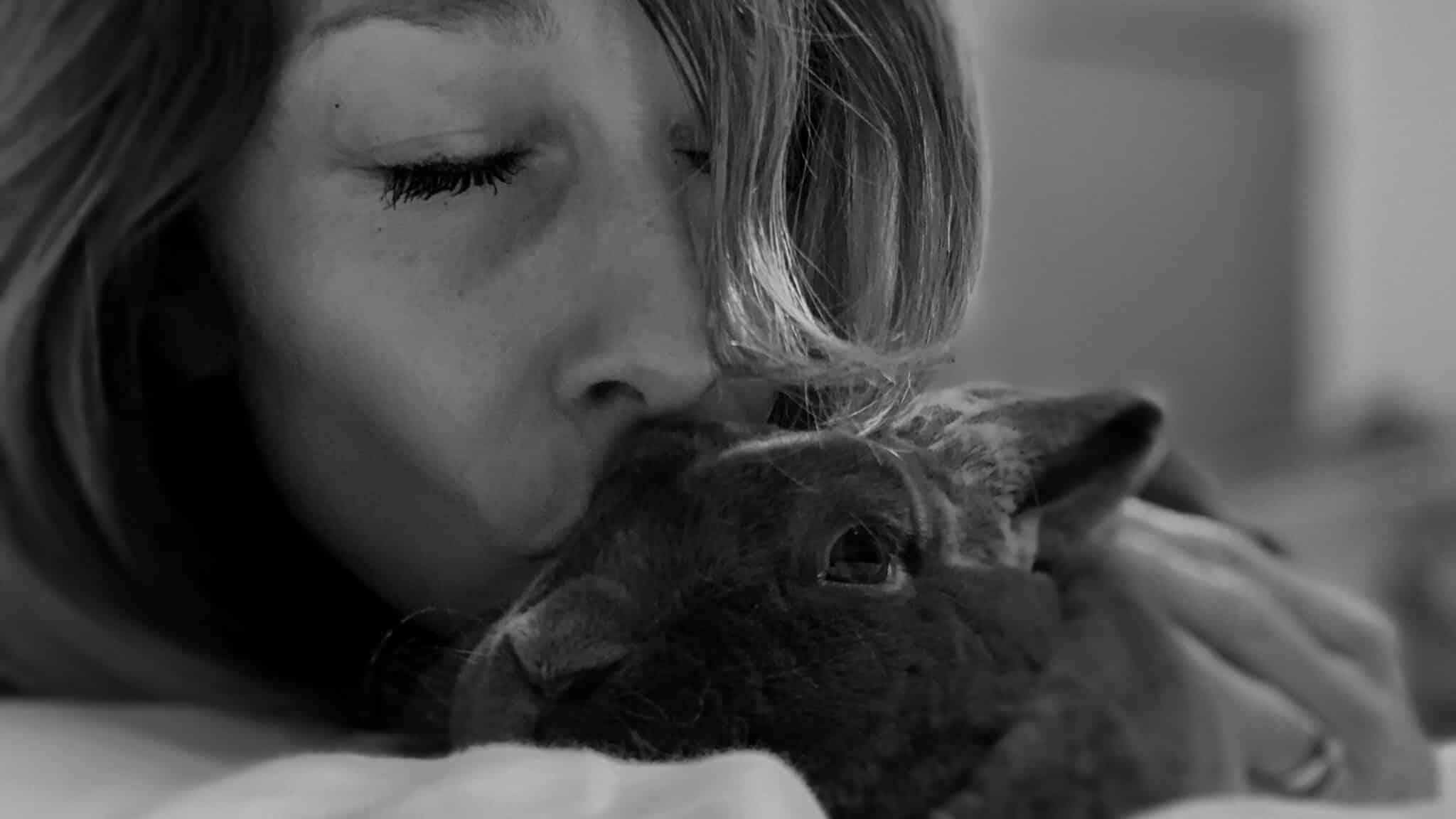
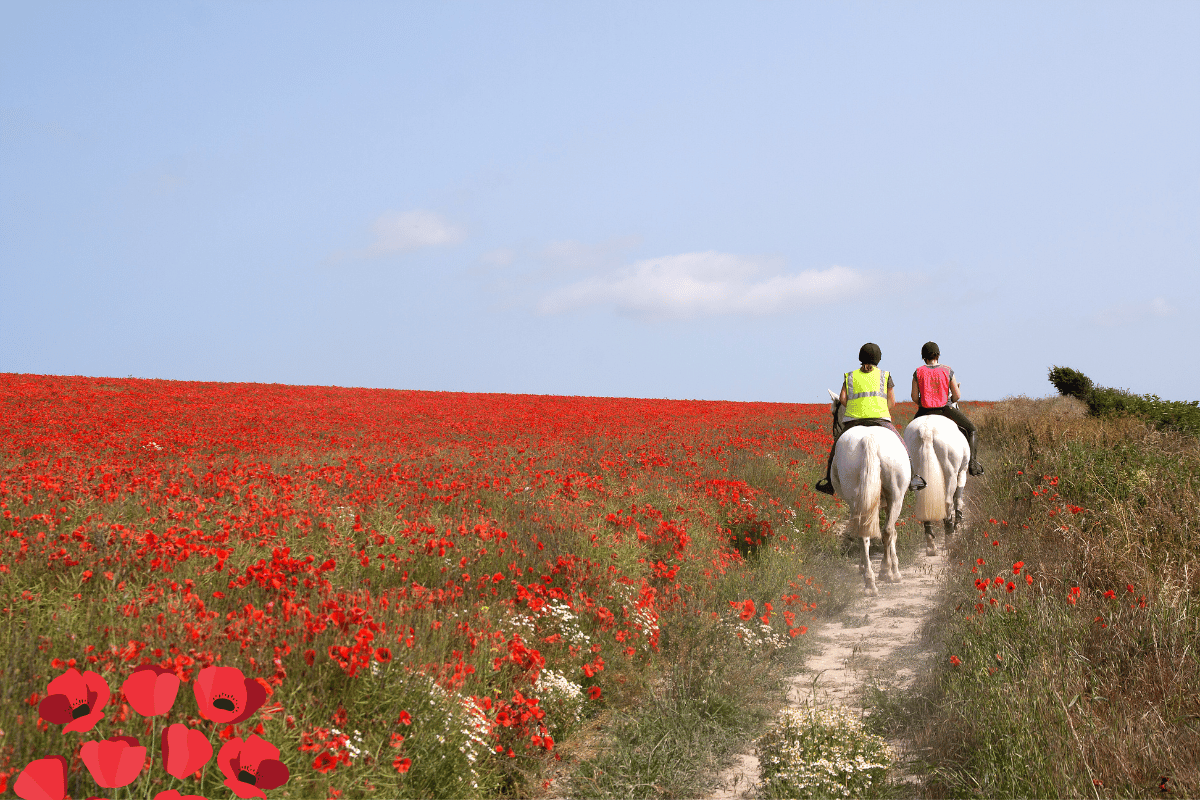
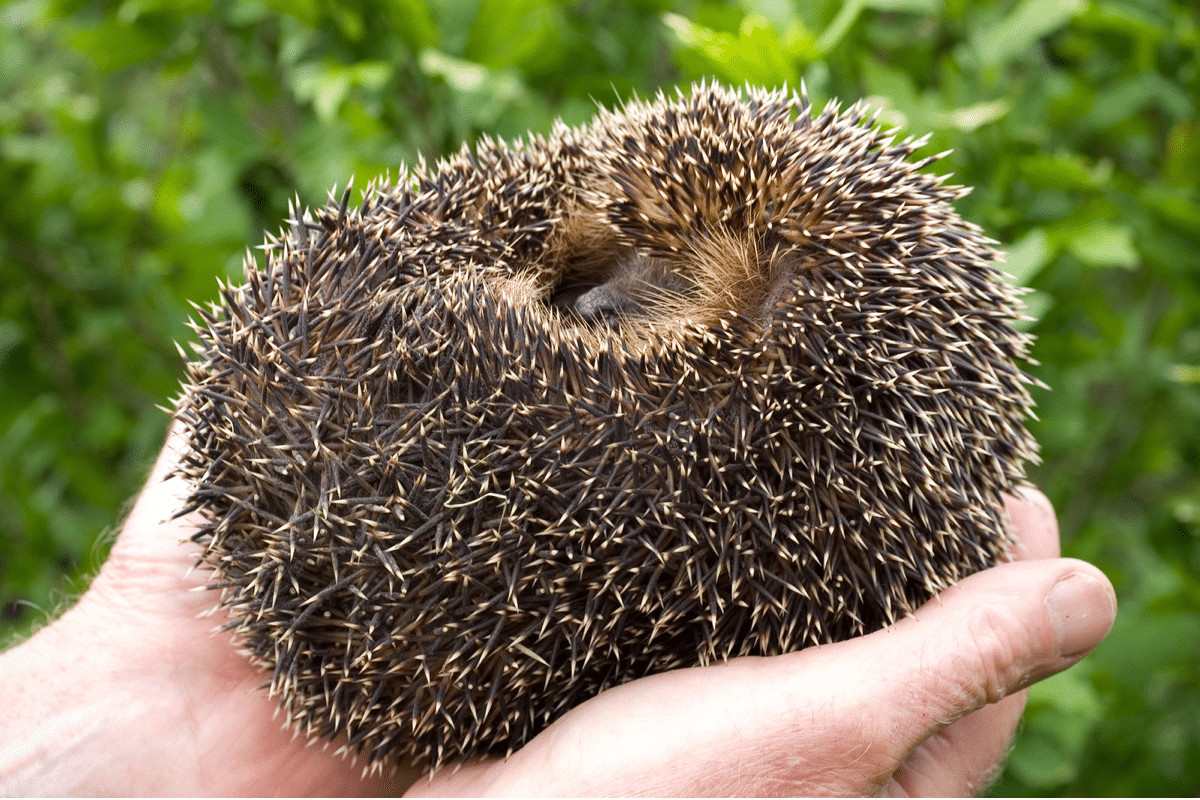






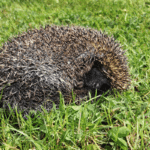


Hi There,
You are right they are not equipped to digest lactose, so milk would be a bad idea. but there is little or no lactose in cheese as it is removed when the whey separates from the curds in the cheese-making process. And obviously, the fats in cheese are very beneficial, especially in the winter months.
Will birds (Blackbirds especially) eat left over cooked vegetables (cabbage, carrot, mashed potatoe?